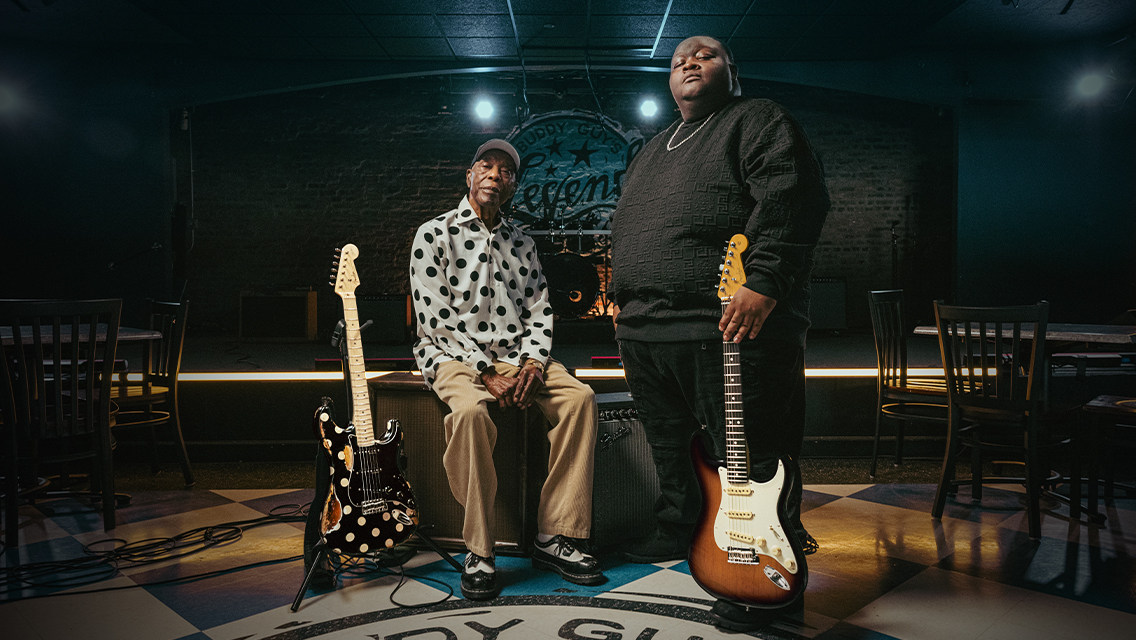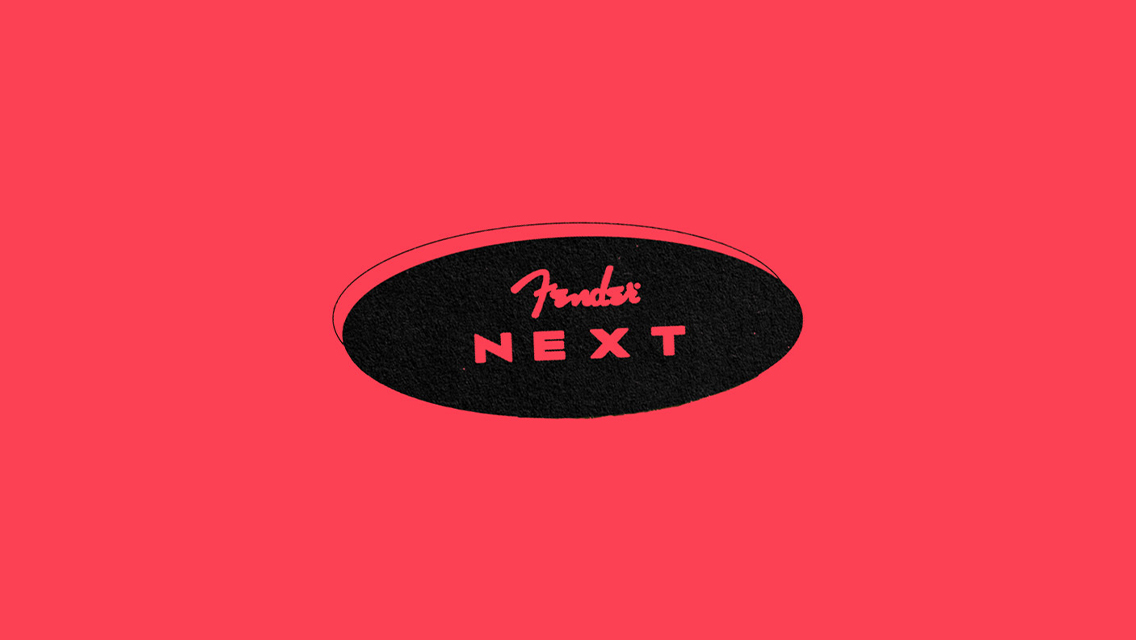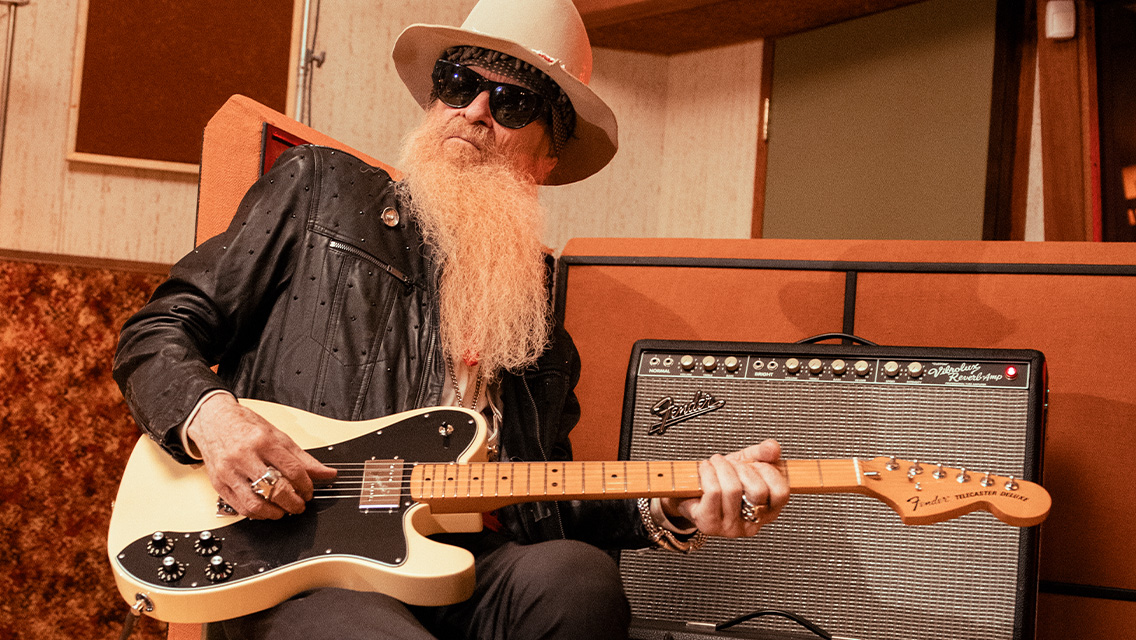
Sections
Wielding his iconic Stratocaster painted with the stars and stripes, Wayne Kramer redefined what it meant to use music as a form of political protest as the founder of seminal Detroit punk band the MC5.
And while the MC5 didn’t necessarily achieve mass commercial success, their influence is still felt to this day, as evidenced by a recent nomination for the Rock and Roll Hall of Fame’s Class of 2017.
Now an accomplished film and television composer, Kramer is still using music as an agent of change with his charitable organization, Jail Guitar Doors USA, which brings instruments to prisons to aid in rehabilitation.
Fender recently had a chance to catch up with Kramer, and here in his own words, he reflects on some of the key lessons he’s learned throughout his unique life.
“My mother warned me that being a professional musician would be a tough road—I’d probably have to work at night in bars and nightclubs, sleep during the day. There would be drugs and alcohol in the musician’s world, and there were loose women. And she was right!”
“I started out as a drummer, but I quickly realized that guitar players probably met more girls because they were up front. My mother was thoughtful enough to get me guitar lessons when I was 10. But after learning standards and things, I just wanted to play rock. I wanted to play like Chuck Berry and Duane Eddy and the Ventures. Those are my original idols. I could only learn how to do those things by listening to records and then playing them over and over and over.”
“There was a lot of work in Detroit when I was young. The factories were going 24/7, and the nightclubs were open all over town. I would answer ads in the newspaper for lead guitar players, but it seemed like there were already guys there that were older than me and could play better than me. You had to learn how to play ‘Hideaway’ by Freddie King and the solo to ‘Honky Tonk’ by Bill Doggett and the Ventures stuff. Ultimately, I thought it was better to start my own band. That band became the MC5.”
“I sat in my room and played from the time I got home from school until when I’d go to bed. Later in the MC5, we played all day, every day … just endlessly. We did hundreds of appearances in Detroit and the Ohio area, out to New York and Chicago. Anywhere someone would let us play, we would do it.”
“I had an appreciation of the great jazz guitarists of the early ‘60s. Barney Kessell, Mundell Lowe, Kenny Burrell and Jim Hall. All the guys that were the most accomplished recording guitarists of the day. Once the MC5 was up and rolling, John Sinclair turned me on to the free jazz movement. That gave me an answer for where I wanted to go in music. After you can play your best Chuck Berry solo as fast and accurate as you can, where do you go from there?”
“I heard what I was looking for in the music of Albert Ayler. He could play the sax, but he took it to a new level. That’s what I wanted to do with the guitar. That showed up in the MC5 in all the experimenting that we did, going beyond a key or a chord change or a beat into a pure textural approach to making sounds.”
“Growing up with a gang—the MC5—we played very idiosyncratically. We did a lot of unorthodox things. Some were pretty courageous, and some were complete disasters. In those days, the idea really was that we were a gang first and a band second. There was this idea of one man, one vote, and that almost never works in bands. One person has to have a clear vision of where the band is going and needs everyone to help him or her. It’s too complicated, like marrying four or five people. It’s hard to be married to one person! (laughs)All these years have taught me that bands need to be benign dictatorships.”

“I was militantly anti-establishment, but that doesn’t mean I wasn’t a patriot. Democracy requires involvement, and if you don’t think something is right, you’re required to say something about it. In the MC5, we embraced what the founding fathers had established the way a democracy works when it’s healthy. We protested every way we knew how—with our music, our lyrics, our clothes, our lifestyle.”

“Finding a reality about music that isn’t about the music business or fame but about the real value of music, it allows one to express themselves in a non-confrontational way. That really shows in our work with prisoners. We can put guitars in their hands and they can write songs together. The things that separate people go away, and they start to find out that they have way more in common. It creates a more positive atmosphere. Play music because you love music, you love the sound, you love the process of it. Just don’t think you’re going to get rich and famous at it.”
“I thought Pete Townshend was the sharpest tool in the shed. He was doing the same stuff I was trying to do, the feedback, pushing guitar tone into a new dimension. He was a pretty good dancer, and I’m a dancer myself. I also felt the Union Jack jacket was brilliant, but I knew I couldn’t do that. I couldn’t make a jacket out of a British flag or an American flag in those days. But I could paint my guitar with the stars-and-stripes motif. It was also an expression of my patriotism.”
Click here for more information about Jail Guitar Doors.
Don’t miss out!
Be the first to know about new products, featured content, exclusive offers and giveaways.


